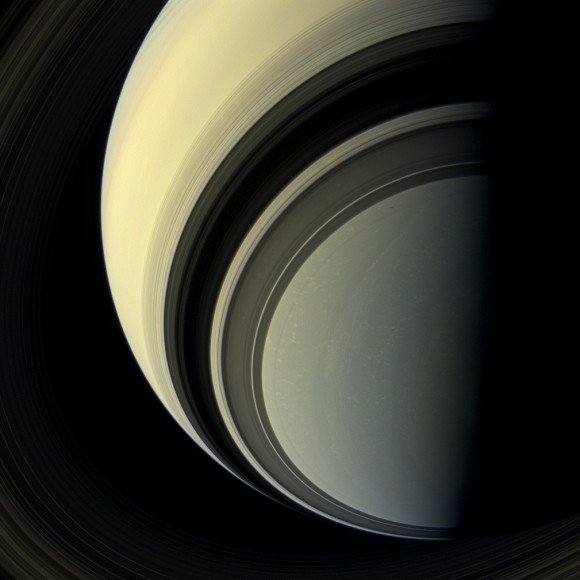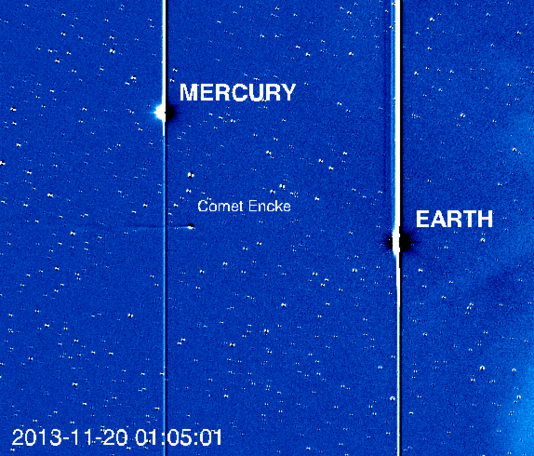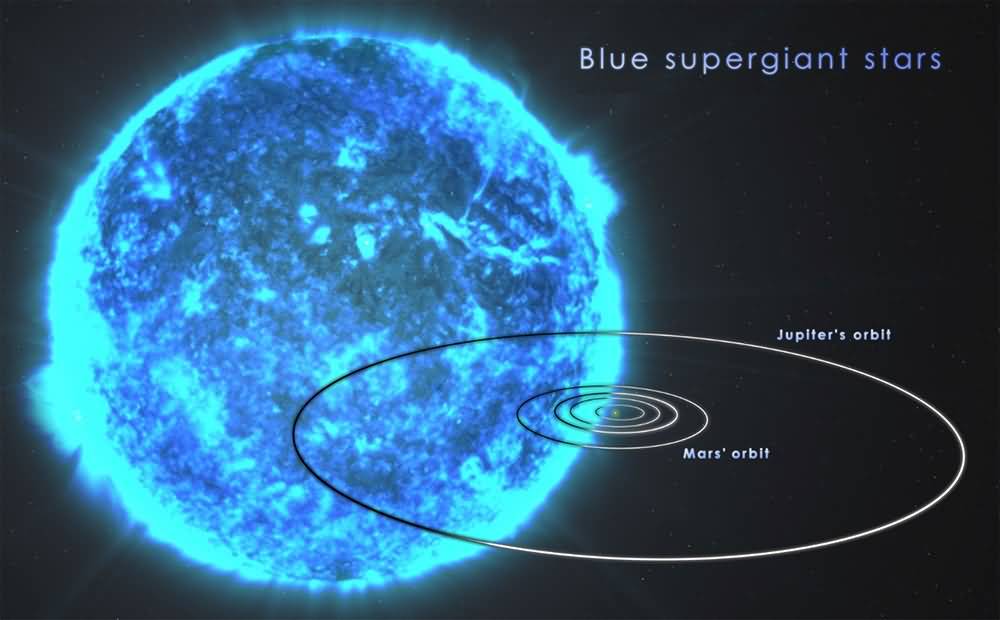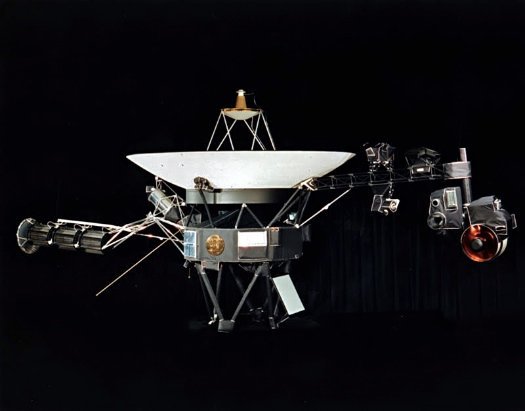How Long Will the Earth Remain Livable?
According to new studies, Earth will be able to host life for another 1.75 billion years unless a nuclear holocaust, asteroid impact or other disaster occurs.
But even without these doomsday scenarios, cosmological forces will eventually render Earth uninhabitable. According to new research, between 1.75 and 3.25 billion years from now, Earth will leave the habitable zone and enter the solar system's hot zone.
These zones are defined by the state of water. If a planet (whether in the solar system or another star system) is far enough from its star to harbor liquid water, this zone is considered habitable. As we approach the Sun and enter the hot zone, all the world's oceans will evaporate. Of course, in such a scenario, living conditions for complex organisms—including humans—will become unbearable.
But the researchers' main goal was not the end of the world but to search for habitable planets.
It takes a lot of time for complex living things like those on Earth to evolve.
The simplest cells emerged on Earth about 4 billion years ago. "There were insects 400 million years ago, dinosaurs 300 million years ago, and flowering plants 150 million years ago," said Andrew Rushby, lead researcher at the University of East Anglia, England. Anatomically modern humans have only been around for about 200,000 years—so, as you can see, it takes an incredibly long time for intelligent life forms to emerge.
Andrew Rushby and colleagues have developed a new method for calculating the time required for life to evolve on other planets: a model that predicts how long planets would spend in the habitable zone. They applied their model to eight planets, including Earth and Mars, and published the study in the journal Astrobiology on September 18.
They calculated that Earth's lifespan in the habitable zone is exactly 7.79 billion years, making it 4.5 billion years old. For other planets, this timeframe ranges from 1 billion to 54.72 billion years.
"Given these conditions, our next stop would be Mars at best," Andrew Rushby said. "It's very close and will remain in this region for the lifetime of the sun, which is 6 billion years."
Source: Spacecom-How Much Longer Can Earth Support Life?









